Utilities in Bulgaria
- on 01.16.14
- Bulgarian properties articles
- No Comments
Gas supply in Bulgaria
Bulgaria imports nearly all its gas from Russia. The network is limited but expanding, with the cost of piped gas lower than that of electricity. In rural areas some people still use gas bottles for heating and cooking purposes. Bottles can be purchased and refilled at petrol stations, or delivered directly from the suppliers.
As with electricity bills, you should ensure all existing bills are paid before completion of your property deal. To register a new name on the bills, the same general guidelines obtain as for electricity.
Wood for burning in Bulgaria
Wood is still a very popular source of energy in Bulgaria, particularly in rural areas. It is considerably cheaper than any other fuel source and may even be growing in popularity as a result of rising electricity prices. One cubic metre of chopped wood costs around 58 leva (Β£20) and is cheaper in summer. Expect a property of 150 square metres to consume 10-15 cubic meters of wood during winter, costing 575-875 leva (Β£260-400).
The possible disadvantages of using wood are that it creates smells and soot in the vicinity of the house, is less convenient (with the burner needing stocking at least twice a day), and requires sourcing and storage space. On the other hand, you may enjoy the rusticity of all this.
In villages the mayor may be your best contact point to source wood. The wood comes in large pieces that you can chop yourself or have someone else chop and stack in the store at a small cost. Avoid using suppliers who quote unusually cheap prices; these people are probably operating illegally, taking wood from unauthorised places and depleting Bulgaria’s forests.
Oil for burning in Bulgaria
Although more convenient than wood,oil is not a popular choice for domestic use in Bulgaria. It is cheaper to use than electricity but the initial installation costs are higher than for other heating systems. Oil is delivered in bulk.
Water supply for your Bulgarian property
Tap water is safe to drink in Bulgaria. Supplies are cheap and metered, generally costing no more than 45 leva (Β£20) per month. If the house you plan to buy is not already connected to the mains water supply, make sure that you get a quote for connecting it before committing to the purchase. Water companies are local for the regions and often municipal or with municipal shares.
The piped water supply is extensive, but some rural properties remain unconnected to the mains or are too remote to access mains water, in which case they will depend on a well. Have an expert check whether water from your well is safe to drink. Some rural properties have both a piped water supply and a well, in which case the well can be kept for gardening or filling a swimming pool. If you have a well on your property you must have it registered with the Regional Water Management Administration. Failure to register a well can result in a fine of up to 520 leva (Β£240).
Despite considerable investment in upgrading the water system, shortages and stoppages are common. Even in some of the cities, supplies can sometimesΒ be cut off for up to two days! This is another reason to keep your well operational if you have one, or else keep an emergency supply of bottled water.
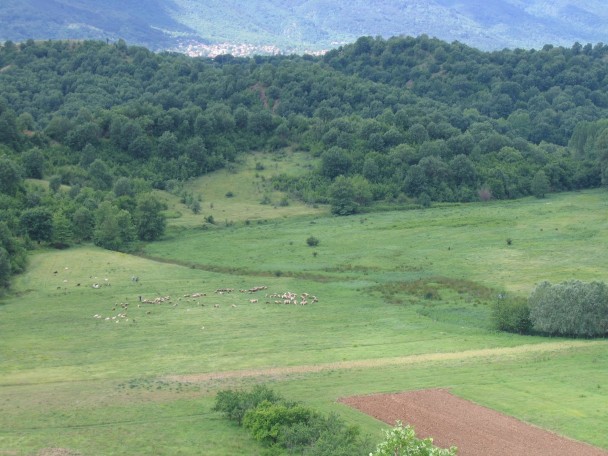
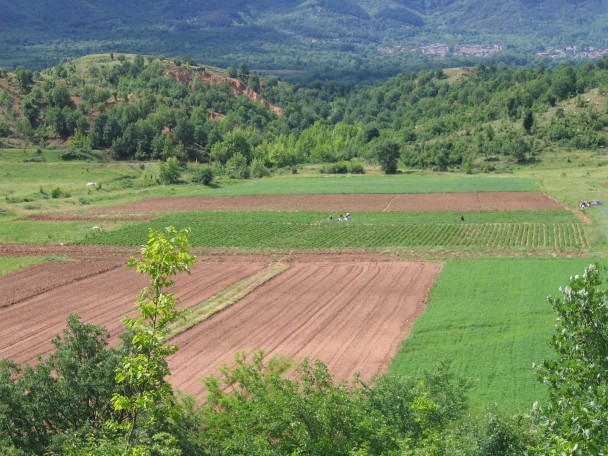
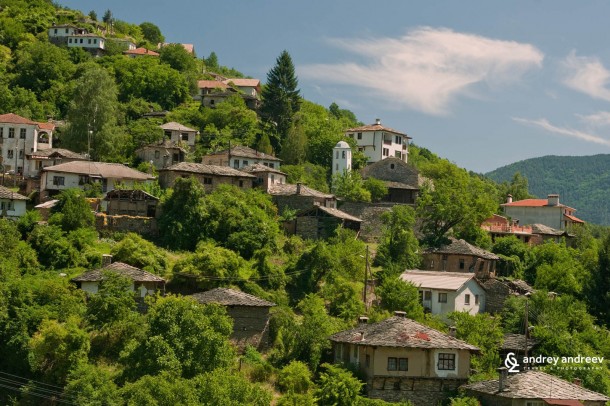
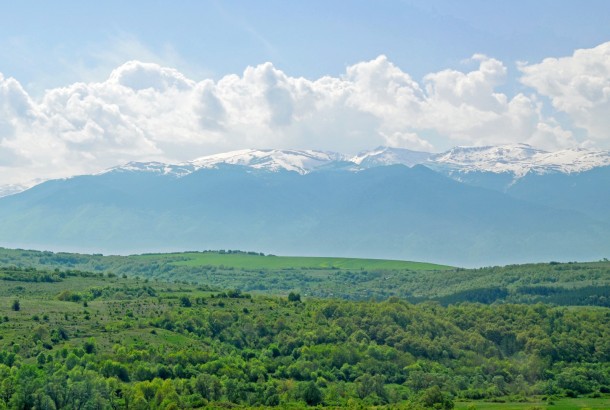
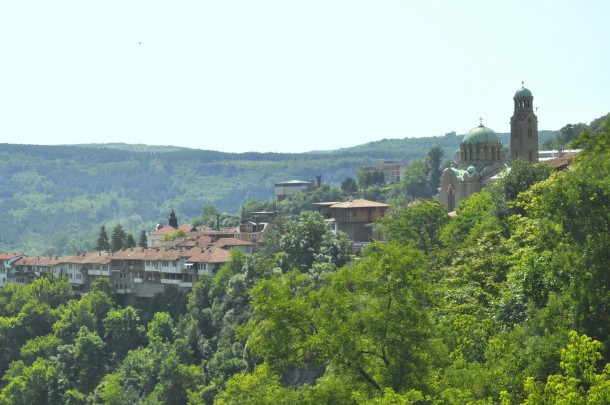
Leave a Reply
You must be logged in to post a comment.